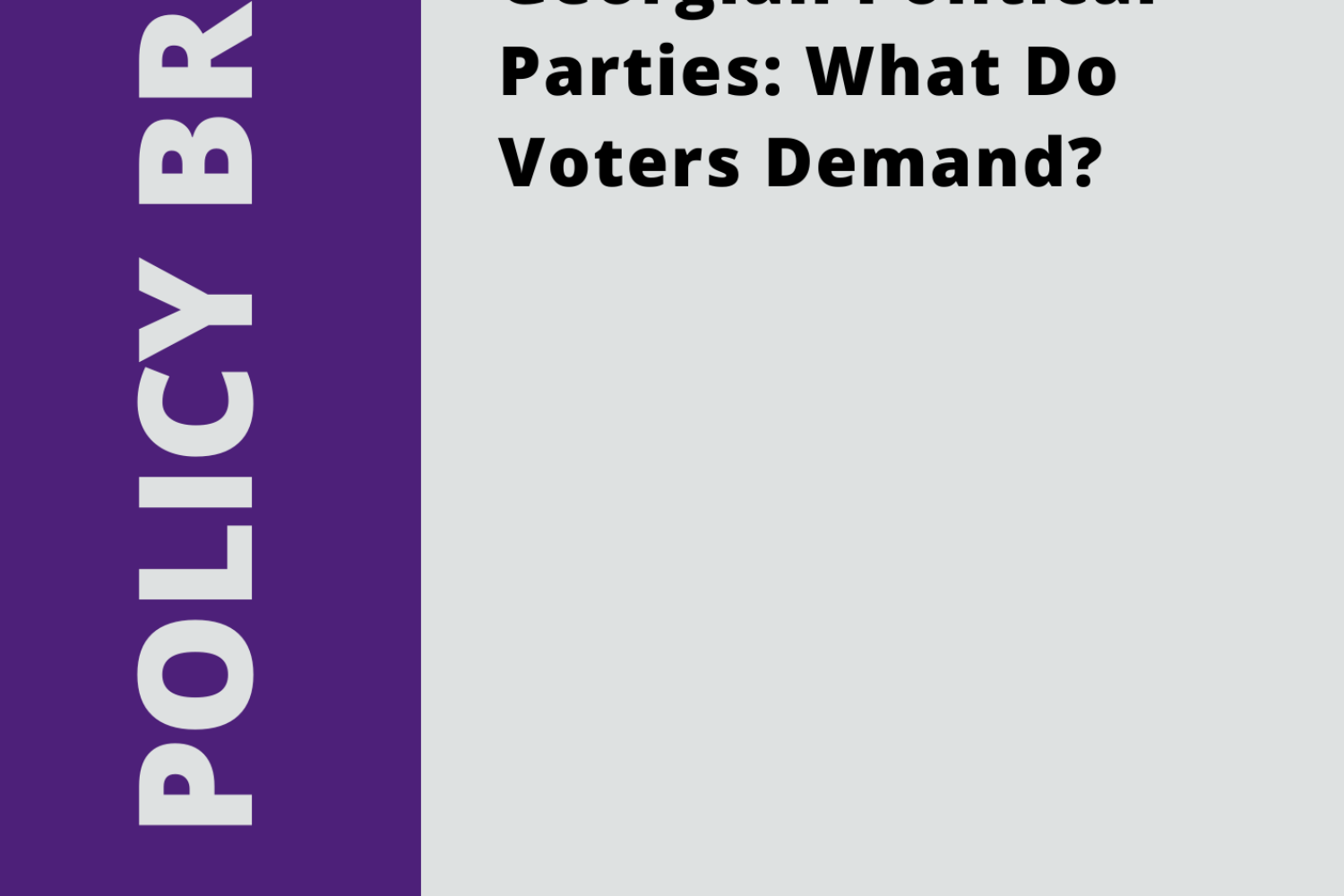2022-04-07 13:11:53
Nino Samkharadze
In recent years, discussions about the need for coalition governance have become more prominent. This topic is particularly pressing in the context of the one-party governance experience and the prolonged political crisis that has brought the democratization process in the country to a dead end. However, talking about coalition governance would be unrealistic without the successful precedent of interparty cooperation. Signs of this are still not evident despite the fact that, according to public opinion surveys, voters support interparty cooperation in the country regardless of party affiliation.
This gap between parties’ radical agendas and the public’s attitudes is determined by several factors. It includes leader-oriented, personalized party strategies, the fear of small parties of being affiliated with the dominant powers and the zero-sum principle of party competition. The mismatch between voters’ and parties’ views on interparty cooperation creates additional problems for the Georgian political system: the political environment is becoming more radical with no deradicalization prospects in sight. Additionally, parties that are involved in party battles cannot find the resources to provide competent responses to problems that are important for the voters within a specific ideological view. As a result, the public rust in political parties might decrease, which will further limit the legitimisation of a healthy political process by the population.
This policy brief analyses the major factors behind parties’ inability or unwillingness to respond to the public demand for interparty cooperation. It also identifies problems caused by the mismatch between party agendas and voter needs. Lastly, the brief offers recommendations for political parties to bring their views on interparty cooperation closer to the preferences of the voters and as a result enable the creation of realistic prospects for coalition governance in Georgia.
Key Words: coalition governance, interparty cooperation, political parties, public opinion
Also in the following document:
- Why Do Parties Distance Themselves from Voters’ Demand on Interparty Cooperation?
- Public Demand Vis-à-vis Political Agenda: What Kind of Problems Does It Create for the State?
- Why is Rapprochement Between Political Class and Voters Important and How This Can Be Achieved?




